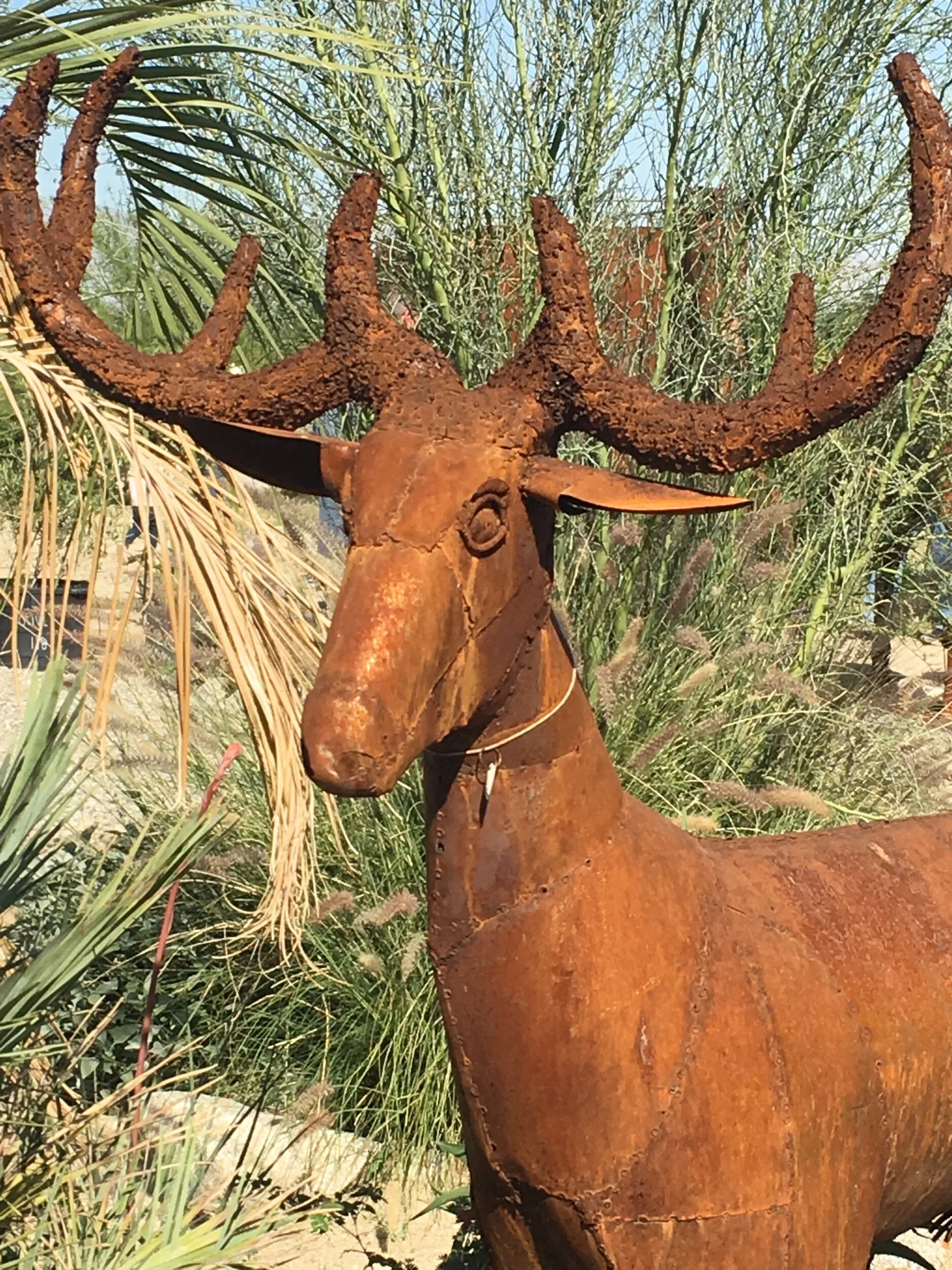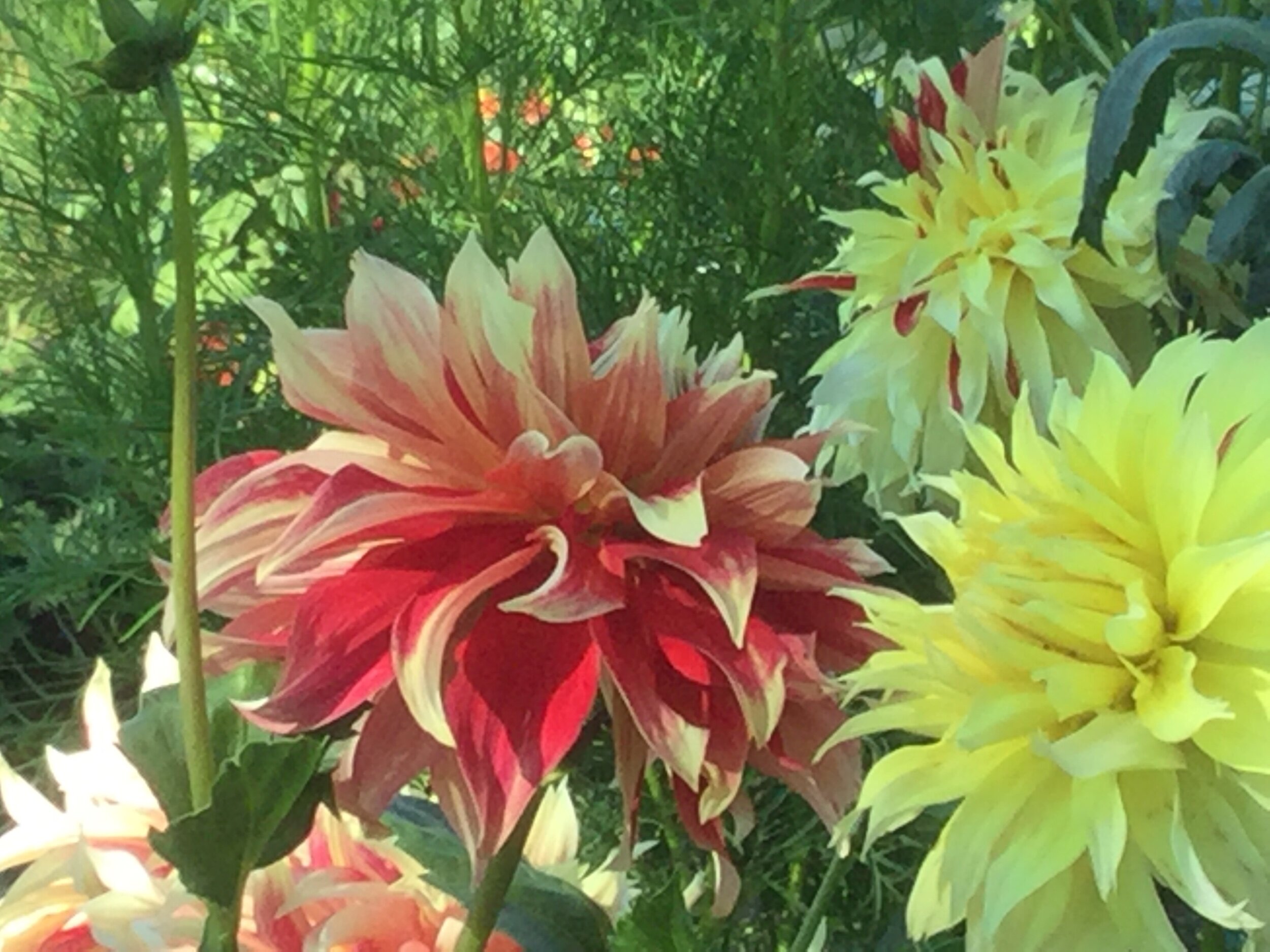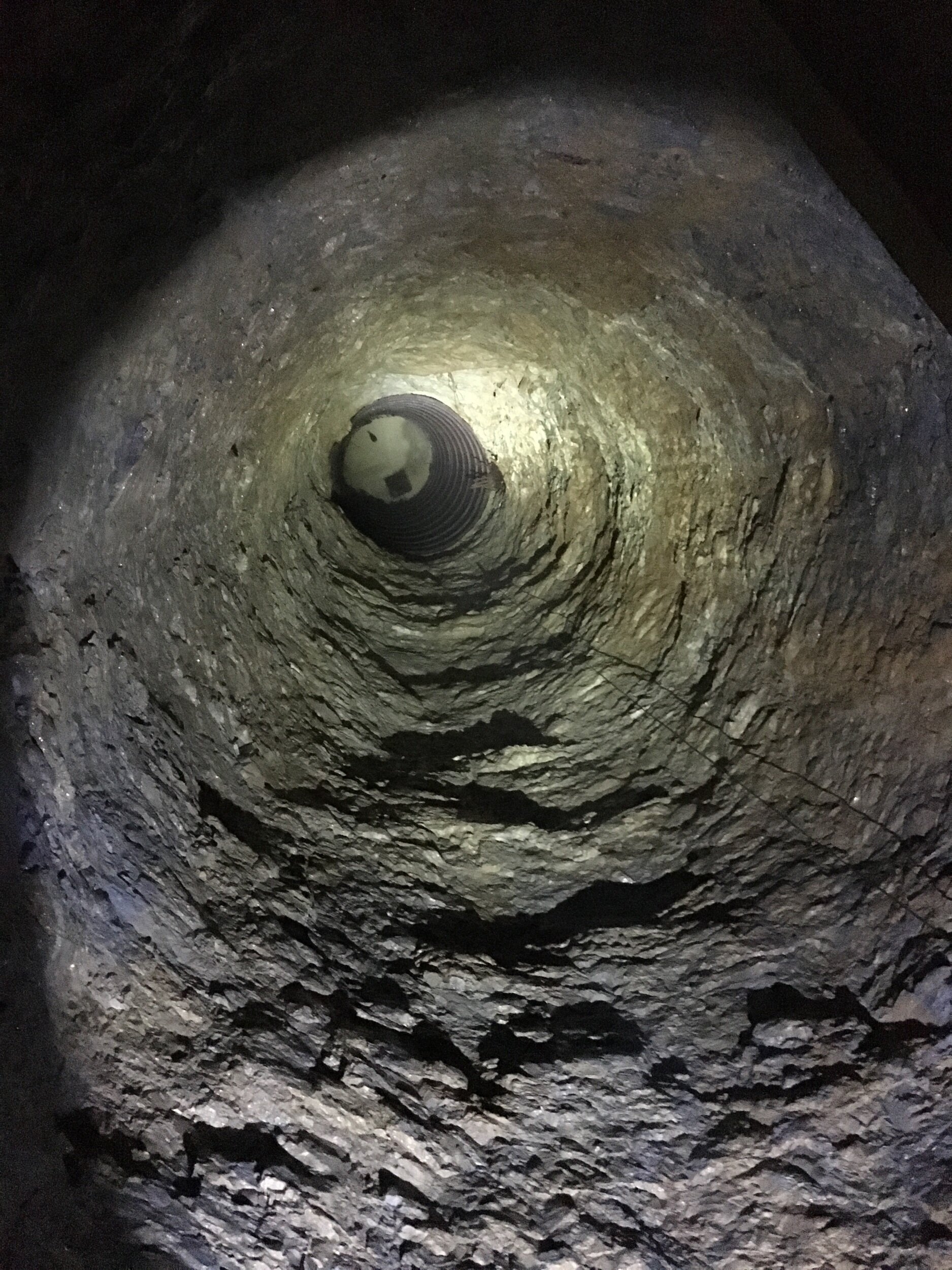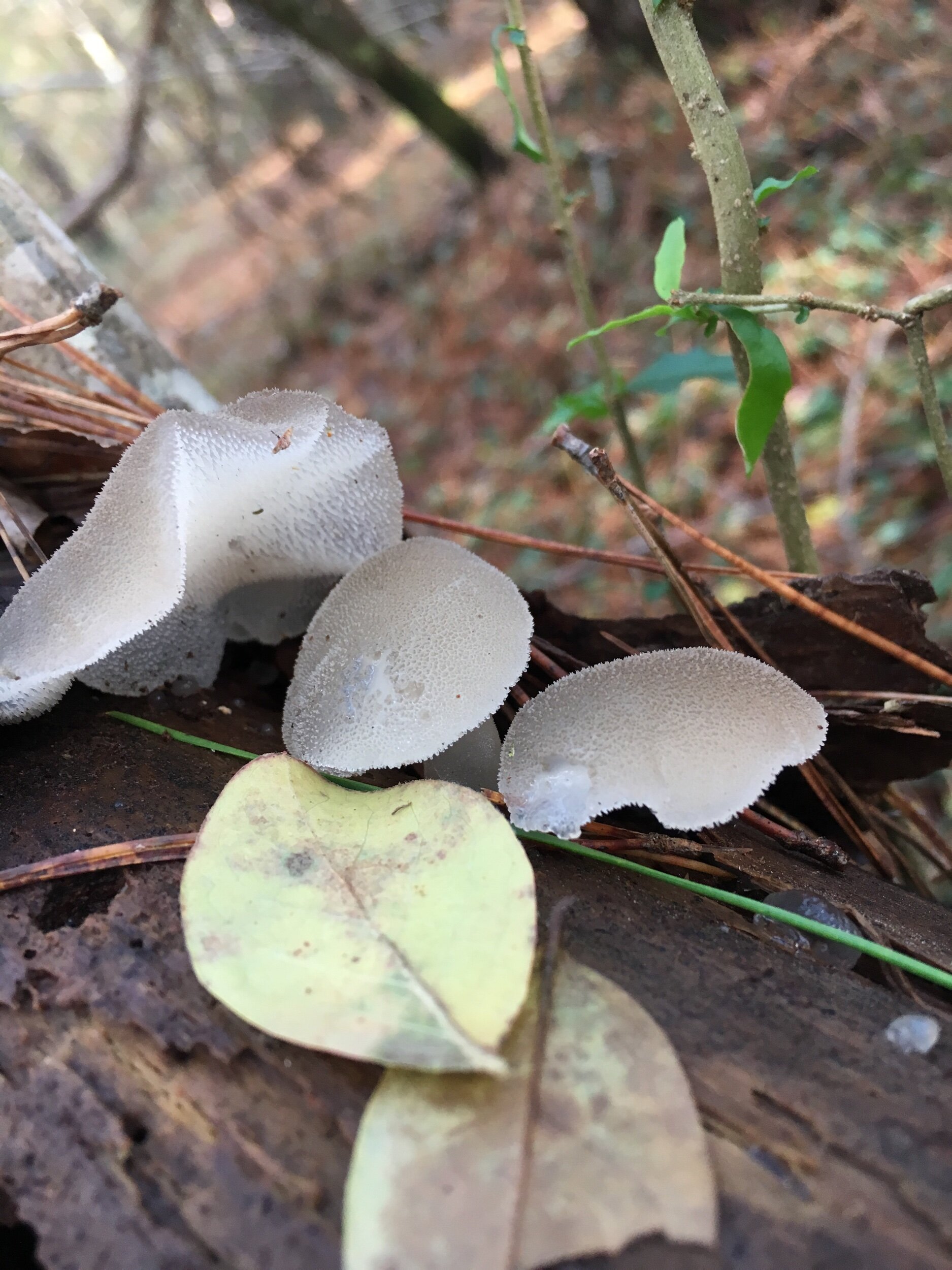We have all been there looking at a photo and mistaking a cat for a crow or a bunny for a raven (such tricksters) or arguing about the color of a striped dress. We’ve looked at a rusty cardoor and seen an ocean but mistook an ocean for a door. We often cannot find the exits in this complex life or follow the storyline. We have been there when the denouement occurs: the love interest has been the villain all along, or we were playing detective but found ourselves both the body and the butler holding the murder weapon in our bloody hands. We do it to ourselves…with help from others.
The animal is a raven (appropriately named Mischief), not a rabbit, petted by his trainer, but the pic but was captioned with “Rabbits love getting stroked on their nose.” Check out the BBC article for other optical illusions and context.
For the first prompt, remember a time when an enemy seemed like a friend, a predator pretending to be prey animal. When did you first suspect the talons, see a hint of fang behind the smiling lips? How did you escape? Or did you? How much innocence, time, flesh did you lose?
For the next prompt, write a poem about losing a long-held assumption. For a poem, try to create a modified or traditional sonnet with the reveal as the form’s turn. For fiction, emulate O’Henry or Edith Wharton’s “Roman Fever” so that the reveal occurs at the very end. Or for a challenge, begin with the reveal and work from there. Discover where it leads you.
For the final prompt, write a poem or short story in which you are both perpetrator and victim? When did you realize that it was you all along? Did you get away with the crime? Did you ever forgive yourself? Will you?















































